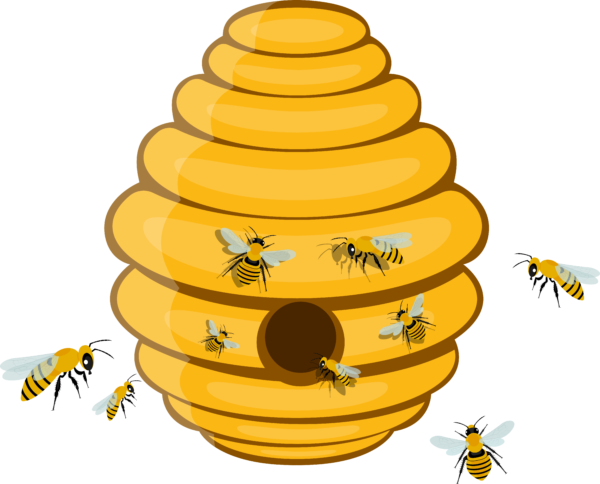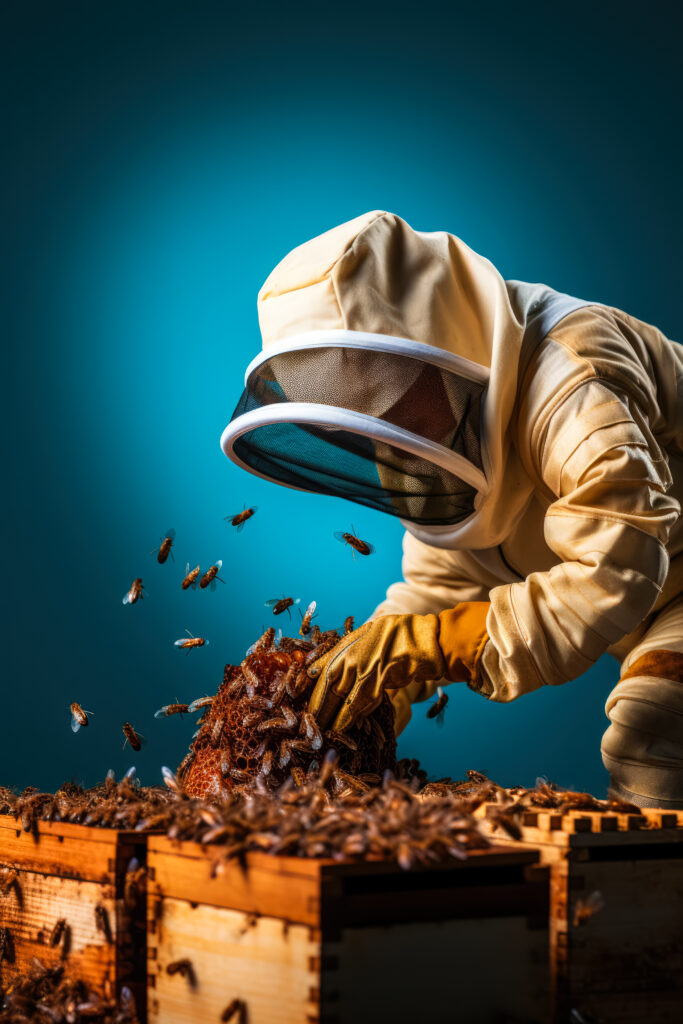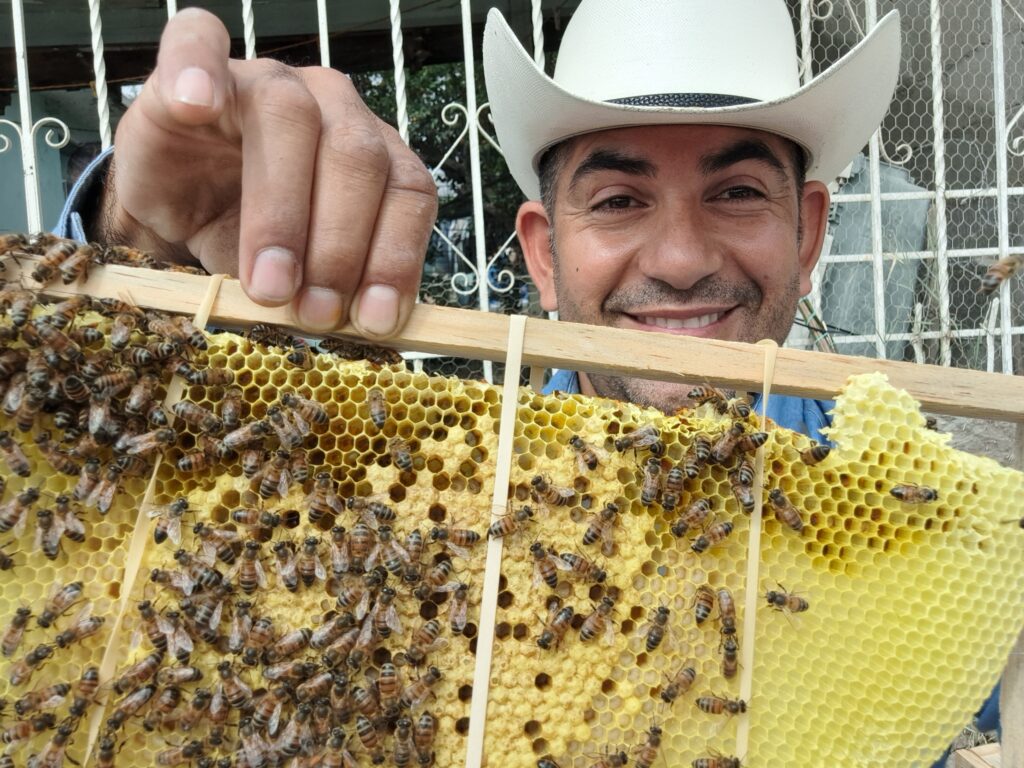Sustainable Land Use Practices
Sustainable Land Use Practices in Apiculture: Balancing Ecology, Agriculture, and Beekeeping
Introduction
The realm of apiculture, the practice of beekeeping, is intimately connected to the broader landscape and ecosystem in which it operates. "Sustainable Land Use Practices" is a category within apiculture that underscores the importance of harmonizing the needs of bees and beekeepers with the ecological and agricultural demands of the land. This professional discourse delves into the crucial significance of sustainable land use practices, explores the challenges posed, and outlines the strategies employed to ensure the coexistence of bees, thriving agriculture, and ecological stewardship.
The Significance of Sustainable Land Use Practices
Sustainable land use practices within apiculture are of paramount significance due to their wide-reaching impact:
Ecosystem Health: Sustainable land use practices promote the health of ecosystems by maintaining biodiversity, supporting native plant populations, and preserving natural habitats. This contributes to ecological balance and resilience.
Bee Forage Resources: A sustainable approach ensures the availability of diverse and ample forage resources, such as nectar and pollen-rich plants, essential for the nutrition and survival of bees.
Agricultural Sustainability: These practices align the interests of beekeepers and farmers. By supporting pollinators and their habitats, they enhance crop yields, quality, and long-term agricultural sustainability.
Resilience to Climate Change: Sustainable land use practices help ecosystems adapt to changing environmental conditions, providing ecological services that mitigate the effects of climate change.
Challenges in Sustainable Land Use Practices
While the significance of sustainable land use practices is indisputable, they come with several challenges:
Habitat Loss and Fragmentation: Urbanization, agricultural expansion, and land development lead to the loss and fragmentation of natural habitats, reducing forage and nesting sites for bees.
Invasive Species: The spread of invasive plants and animals can disrupt native ecosystems, outcompeting native flora essential for bees and contributing to habitat degradation.
Pesticide Use: The use of pesticides, especially neonicotinoids and other systemic pesticides, poses a significant threat to pollinators and the broader ecosystem.
Lack of Education and Awareness: Many landowners, farmers, and policymakers may not be aware of the importance of sustainable land use practices, and thus, lack motivation to adopt them.
Strategies for Sustainable Land Use Practices
Effective sustainable land use practices in apiculture encompass various strategies:
Habitat Restoration: Efforts should focus on creating and restoring pollinator-friendly habitats, including native wildflowers, flowering trees, and shrubs that provide abundant nectar and pollen resources.
Invasive Species Management: Controlling invasive plants and animals is essential to protect native plant species that serve as vital bee forage.
Pesticide Reduction: Encourage responsible pesticide use, adopting integrated pest management (IPM) strategies, and limiting pesticide application during bloom periods.
Pollinator-Friendly Agriculture: Promote farming practices that are bee-friendly, including the planting of cover crops and wildflower strips, and the provision of nesting sites for native bees.
Education and Outreach: Raise awareness among landowners, farmers, and the general public about the importance of sustainable land use practices and their role in supporting pollinators and biodiversity.
Research and Monitoring: Conduct research to understand the specific requirements of local bee populations, assess the effectiveness of conservation efforts, and measure the impact on bee health and diversity.
Legislation and Policy Advocacy: Advocate for policies that protect and restore natural habitats, restrict pesticide use, and promote sustainable land management practices.
Benefits and the Way Forward
The benefits of sustainable land use practices are far-reaching:
Ecosystem Health: Sustainable land use practices are fundamental to maintaining the health and resilience of ecosystems, including native plant populations.
Agricultural Productivity: They support healthy pollinator populations, leading to enhanced agricultural productivity, better crop yields, and quality.
Biodiversity Conservation: These practices contribute to the conservation of biodiversity, fostering the health and resilience of ecosystems.
Climate Change Resilience: Sustainable ecosystems are better equipped to withstand the impacts of climate change, offering a buffer against environmental challenges.
In conclusion, sustainable land use practices within apiculture go beyond beekeeping to encompass a broader commitment to the preservation and stewardship of the environment. By implementing these practices, we not only secure the future of pollinators and support agricultural sustainability but also promote biodiversity, ecological resilience, and climate change mitigation. The way forward demands continued research, education, and collaborative action among beekeepers, farmers, landowners, policymakers, and the public to address the challenges and realize the immense benefits of sustainable land use practices




